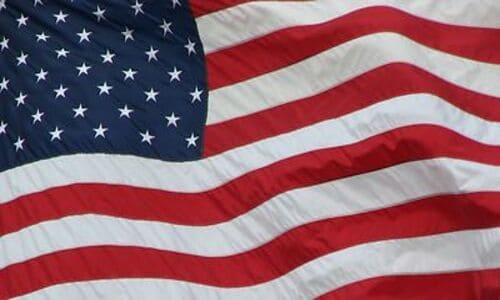 Martin Luther King Jr. Day is a federal holiday in the United States, established to honor the life and legacy of Dr. Martin Luther King Jr., a pivotal leader in the Civil Rights Movement. King’s advocacy for racial equality, justice, and nonviolent protest made him an iconic figure in American history.
Martin Luther King Jr. Day is a federal holiday in the United States, established to honor the life and legacy of Dr. Martin Luther King Jr., a pivotal leader in the Civil Rights Movement. King’s advocacy for racial equality, justice, and nonviolent protest made him an iconic figure in American history.
The movement to establish a holiday began soon after King’s assassination on April 4, 1968. In the wake of his death, many believed his contributions should be commemorated with a national holiday. Coretta Scott King, his widow, was a strong advocate for this cause and worked tirelessly to gain support for the idea. In 1968, the first bill proposing a Martin Luther King Jr. holiday was introduced in Congress by Representative John Conyers, but it faced significant opposition, especially from Southern lawmakers.
In 1979, the campaign gained new momentum, and after years of debate, Congress passed the bill to create the holiday in 1983. President Ronald Reagan signed the legislation into law on November 2, 1983. The first official Martin Luther King Jr. Day was observed on January 20, 1986.
Despite its passage, the holiday faced resistance in some states. South Carolina, for instance, did not recognize the holiday until 2000. Over time, however, Martin Luther King Jr. Day gained acceptance, becoming a day of reflection, service, and education. In 1994, the King Holiday and Service Act encouraged Americans to honor King’s legacy by engaging in community service.
Today, Martin Luther King Jr. Day is a symbol of King’s enduring impact and a reminder of the ongoing pursuit of justice and equality in the United States.
